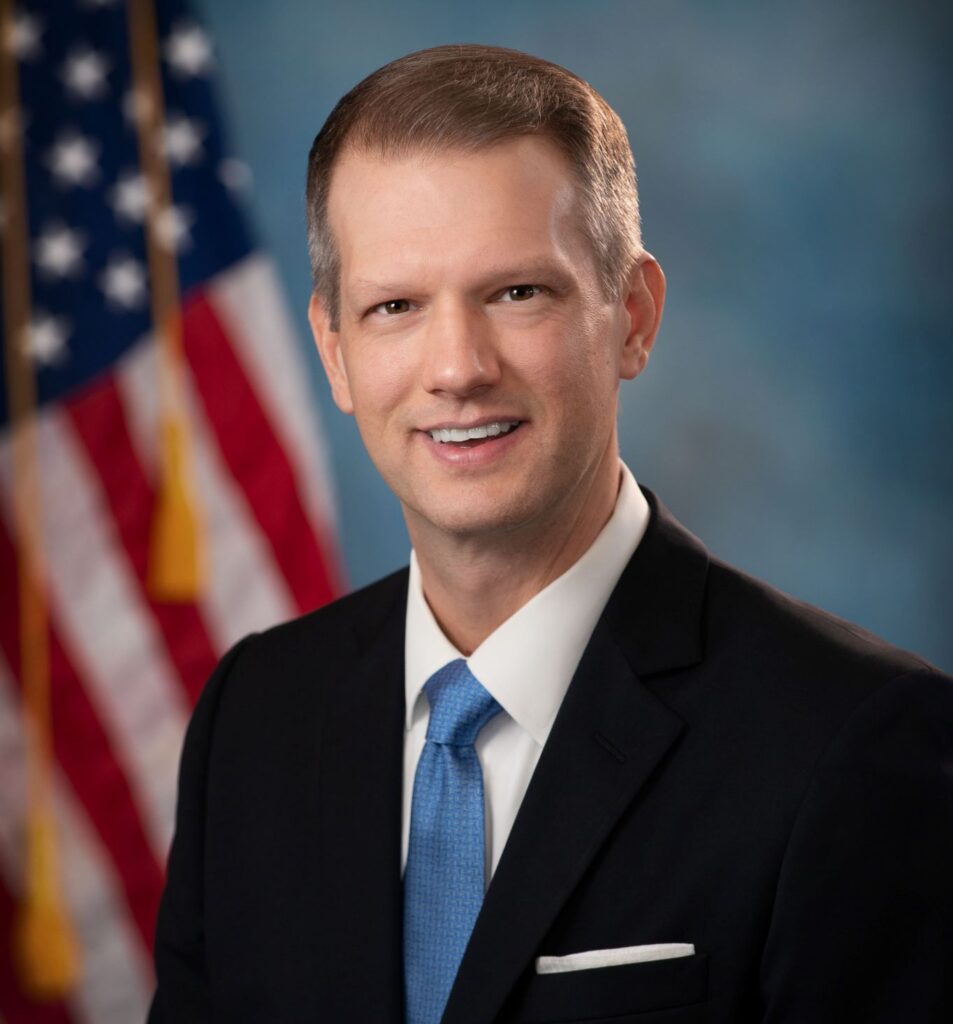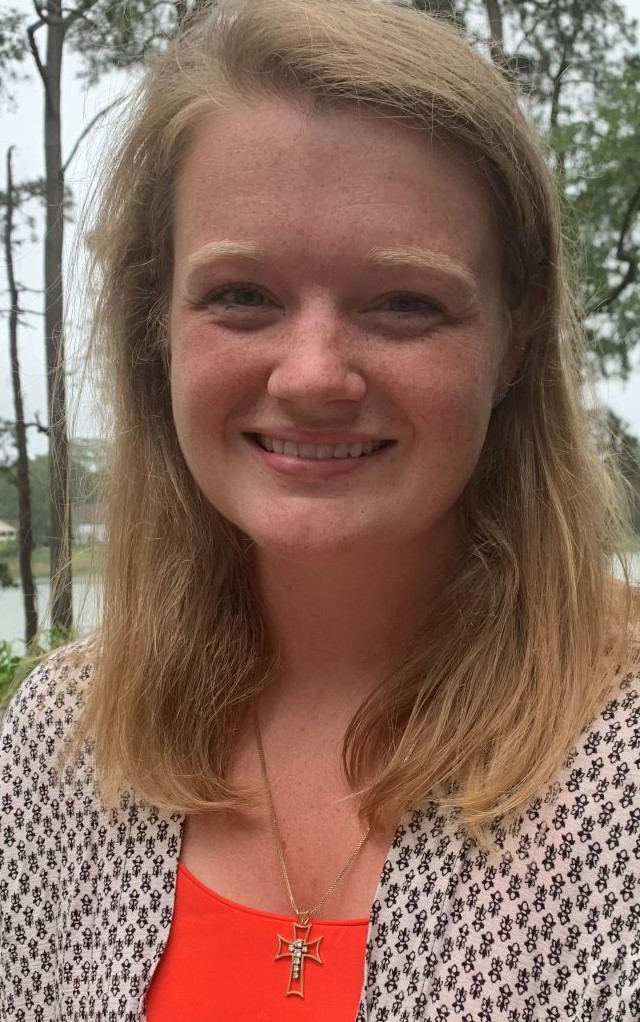By Sarah Wall
The American economy is changing. When a global pandemic collided with political and social unrest in 2020, the financial outlook for millions of Americans suddenly looked far less clear. Today, it’s more important than ever to build a strong middle class in America. But how?

West Virginia Treasurer Riley Moore has one idea. It’s called the Jumpstart Savings Program, and it’s a first-in-the-nation innovation that he hopes inspires similar iterations all over the country.
The program is modeled after a 529 plan, in which individuals receive tax advantages when they contribute money towards an investment account designed for college and university expenses. As long as the money goes towards higher education expenses, there are no tax penalties for withdrawing it. Unlike a 529 plan, the Jumpstart Savings Program is built not for education but for the hefty costs that come with launching a career in a trade or vocation.
“At any point prior to graduation from a technical school,” Treasurer Moore explains, “an individual here in West Virginia is going to be able to start a Jumpstart Savings Account. It can be used on expenses after graduation: the tools, equipment, licenses, certifications, and start-up costs associated with getting going in your trade or vocation.”
Treasurer Moore knows from experience just how onerous those costs can be. “I started my career off as a welder,” he describes. “At one point, I wanted to go out on my own with a mobile welding business, but I didn’t end up going down that path because it was cost-prohibitive.”
Instead, he decided to pursue getting a college degree, but he found that came with an unexpected sacrifice. “When I went and got my first job in the white-collar workforce, I actually took a pay cut from what I was making when I was welding,” he says. “I initially wasn’t sure I made the right decision.” The experience made him a strong voice cutting against a stereotype in some circles that a person won’t make a good living without a college degree. “In trades and vocations, there is a great opportunity to build a wonderful life.”
Encouraging more people to launch their own business in the blue-collar workforce is a key outcome that Treasurer Moore hopes the new program will accomplish. “What I’m looking to do,” he explains, “is remove some of those barriers for entrepreneurial endeavors in the state of West Virginia, and hopefully at some point across the United States.”
The West Virginia legislature unanimously passed the legislation during Women in Construction Week, and removing such barriers for women is a foundational goal of the initiative. “Some of the best welders I came across, particularly when I was working in a machine shop, were women,” he recalls. “This should not necessarily be a male-dominated component of the economy. But technology has gotten so advanced in some skilled trades, and the equipment is very expensive. I’m hoping this program is able to open up vocations like this to a lot more folks.”

Treasurer Moore ensured, too, that it isn’t only male-dominated fields receiving the program’s benefits. “When I was going around the state campaigning, I talked to a lot of women about this program,” he explains. “Many of them mentioned to me, ‘Can this apply to someone starting up a hair salon or coming out of beautician school?’ Definitely. We’ve made sure it extends to these fields as well.”
At this point, the Jumpstart Savings Program is exclusive to West Virginia, and since it’s not a federal program, the tax benefits are found only in state income taxes. But potential account holders still have significant benefits. “On the state level, there’s actually more tax benefits to this account than a 529 education savings account,” he says. “You can deduct up to $25,000 off your income taxes annually for contributions that go into a Jumpstart account. As you take the money out, there’s a tax deduction, and you don’t pay capital gains tax.”
Employers can also set up their employees for success, and they will receive tax benefits as well. “Employers can do a dollar-for-dollar match into their employee’s Jumpstart Savings Account, up to $5,000 from each, and the employer can write that off their taxes,” he emphasizes.
“What we’re really looking for is flexibility,” Treasurer Moore says. “In West Virginia, and in a lot of traditionally blue-collar states, only 25% of our population has a college degree. College is great, but it is certainly not for everybody, and it’s not the only pathway to success. There’s a tremendous amount of debt obligation that comes with going to college. Maybe those dollars are better spent starting your own business or becoming a part of a trade or vocation.”
Treasurer Moore believes this program couldn’t come at a more important time for the American economy. “The backbone of any strong economy is a strong middle-class, and that’s what this program is looking to shore up,” he explains. “From a 30,000-foot view, you see the U.S. and Chinese economies decoupling right now. There are some critical industries that we’re going to have to on-shore here in the United States. The Jumpstart Savings Account is laying the groundwork for what the future work environment might look like in the United States. While college is certainly going to be a part of that, we have to respond and be ready to energize a blue-collar workforce here in the United States. That’s what we’re trying to do in West Virginia.”
Treasurer Moore has big goals for the program. “In terms of the larger objectives, we want it to create a more robust, trained, and equipped workforce here in West Virginia. Our posture as a global economic power is changing, and I think we need to be ready to take on these vocational jobs that I believe will eventually start to come back on-shore. We have to be able to respond effectively to the economic requirements that our country is going to face.”
While global and economic positions are definitely a reality to consider, Treasurer Moore is keeping an eye closer to home, too. “I think the Jumpstart Savings Account is going to go a long way in starting to alleviate some of the problems we’ve seen in the Rust Belt over the last several decades,” he predicts. “It’s long past due to stop telling people the only way you succeed is going to college. That’s what this program is all about.” For building a strong and successful American workforce, state leaders across the country looking for a bit more flexibility might want to look to West Virginia.

Sarah Wall is a contributing writer for Smart Women Smart Money Magazine. For questions or comments email staff@smartwomensmartmoney.com.










